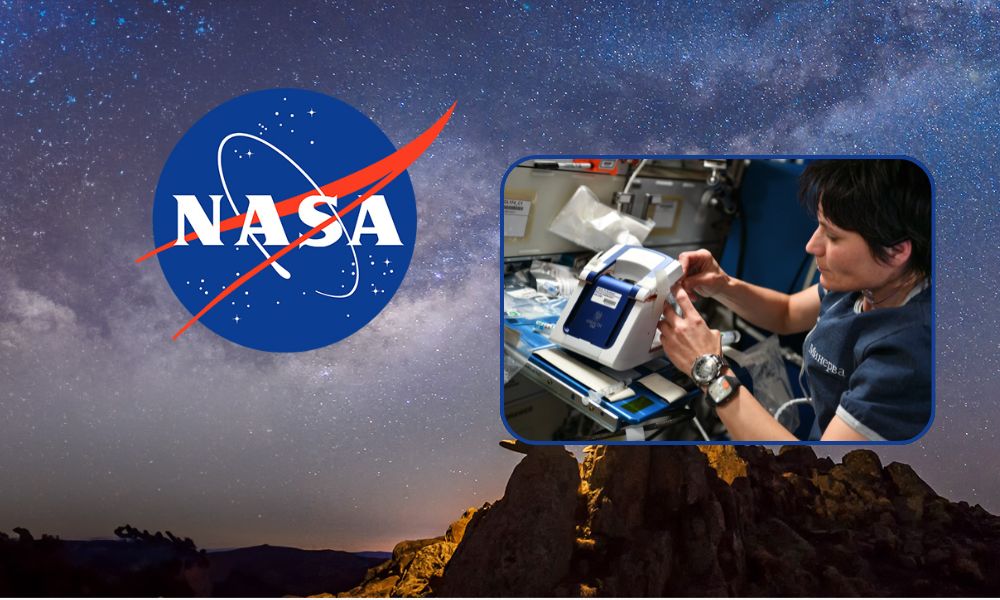As space agencies plan for long-term missions to the Moon and Mars, NASA is ramping up its efforts to understand the impact of spaceflight on human health. Onboard the International Space Station (ISS), astronauts are participating in various health studies involving blood tests, heart imaging, and physical fitness evaluations.
These assessments explore how microgravity, radiation, and confined environments affect the human body. The data gathered supports the development of preventive measures to keep astronauts fit during extended space travel and also benefits healthcare innovations on Earth.
NASA astronauts Nichole Ayers and JAXA Commander Takuya Onishi recently contributed blood samples for the Immunity Assay study, which examines how stress in space alters immune cell activity. Meanwhile, Anne McClainconducted ultrasound scans and monitored her blood pressure to observe changes in cardiovascular function due to microgravity.
Advanced wearable tech such as the Bio-Monitor system—developed by the Canadian Space Agency—tracks key vitals like heart rate, breathing, and sleep quality during daily activities, with real-time data sent back to Earth for medical analysis.
You May Like This: Health Ministry Aims to Educate Foreign Nationals on India’s Organ Transplant Guidelines
In addition to medical work, astronauts like Jonny Kim and Onishi performed checks on life support systems, ensuring the safe operation of air filtration units and hatch seals. Research in the Kibo module also includes experiments on plant biology, contributing insights for space farming and life sciences. These integrated efforts form the backbone of NASA’s plan for sustainable and safe deep-space missions.
Follow Us On Linked In





